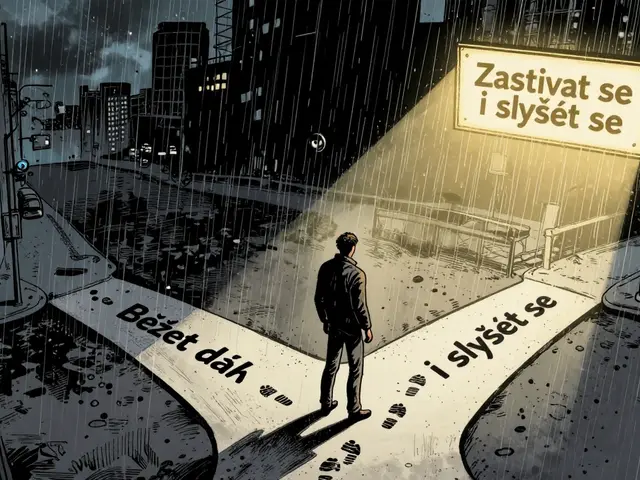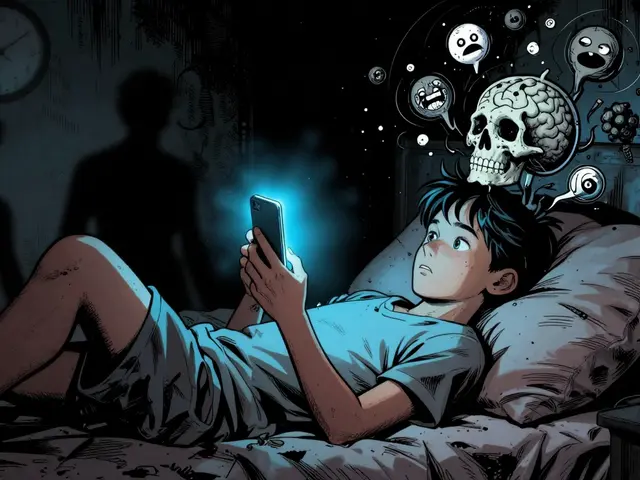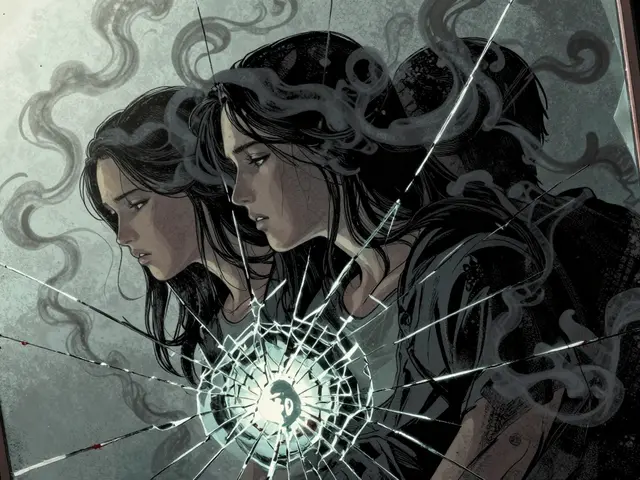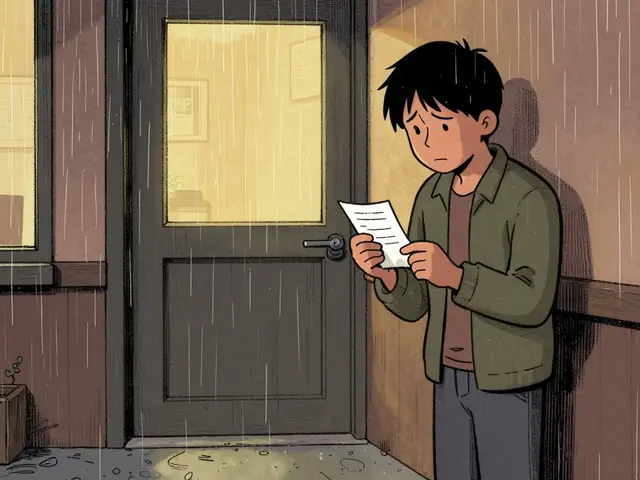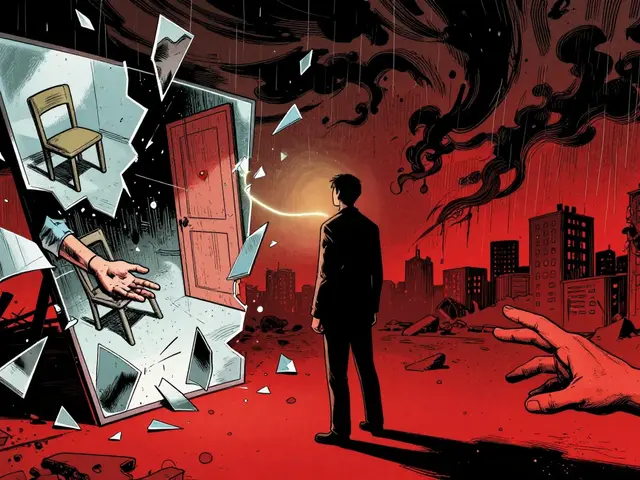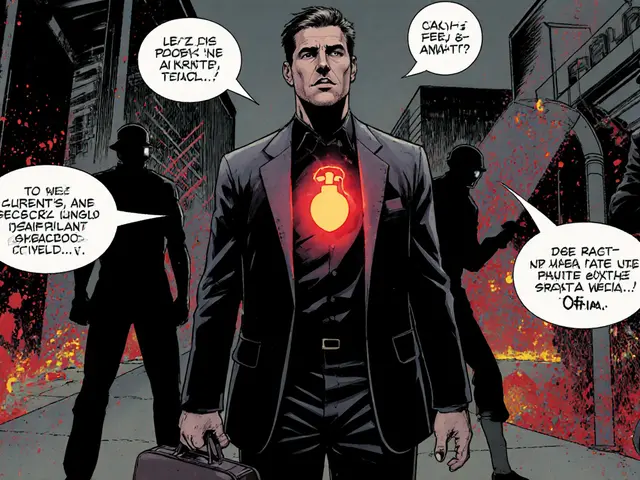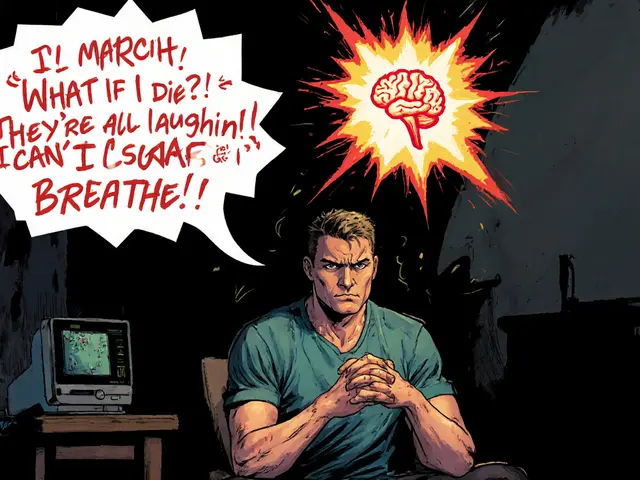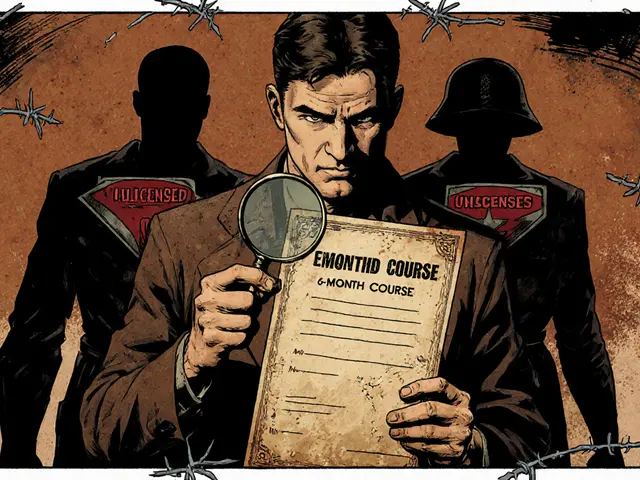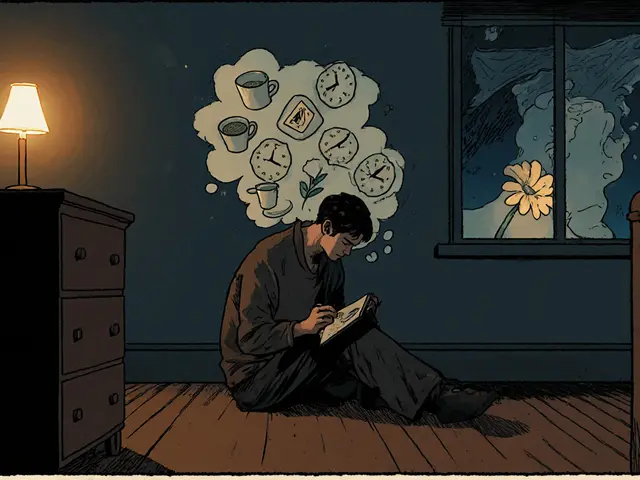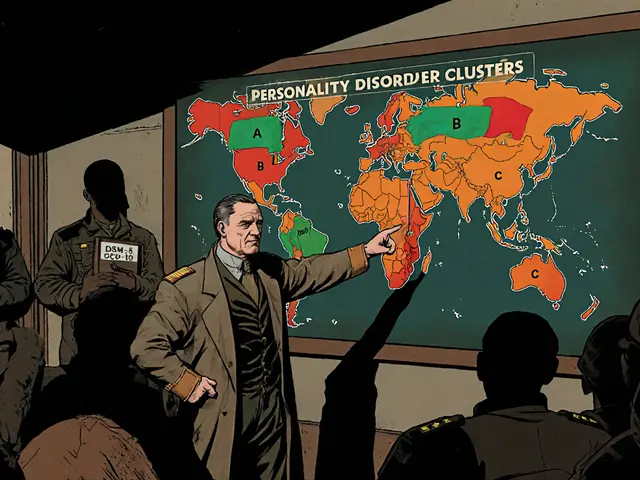Traumatické události: Jak se s nimi vypořádat a kde najít pomoc
When you’ve been through something that shook you to your core — a loss, an accident, violence, or prolonged stress — your mind doesn’t always forget. traumatické události, události, které překračují vaši schopnost zpracovat je emocionálně, často zanechávají stopy i tehdy, když se zdá, že jste je překonali. Also known as psychické trauma, they don’t always show up as flashbacks. Sometimes they show up as constant anxiety, numbness, trouble sleeping, or sudden outbursts of anger you can’t explain. Many people think they should just "get over it," but trauma isn’t something you outgrow — it’s something you need to process.
PTSD, porucha, která může vzniknout po silném psychickém šoku, ale ne každý, kdo zažil trauma, ji vyvine. Also known as porucha po traumatu, it’s not a sign of weakness — it’s your nervous system trying to protect you from something it still thinks is dangerous. And psychoterapie, specifický přístup, který pomáhá tělu i mysli zase začít fungovat jako celek. Also known as terapie trauma, it’s not about reliving the past — it’s about helping your brain finally understand that the danger is over. You don’t need to remember every detail to heal. Sometimes, just learning to feel safe again in your own body is enough.
Many of the posts here focus on how trauma connects to anxiety, relationship problems, addiction, and even eating disorders. A person struggling with binge eating might be trying to numb old pain. Someone with constant panic attacks might be reacting to a past event they never talked about. Trauma doesn’t always scream — sometimes it whispers in the form of insomnia, irritability, or avoiding people you used to love.
What you’ll find in this collection are practical ways to recognize trauma’s hidden signs, tools to calm your nervous system, and real advice on choosing the right kind of therapy — whether it’s DBT, EMDR, or simply talking to someone who knows how to listen. You’ll see how trauma-informed care differs from traditional therapy, why some people heal faster than others, and when it’s time to reach out for professional help — not because you’re broken, but because you deserve to feel whole again.
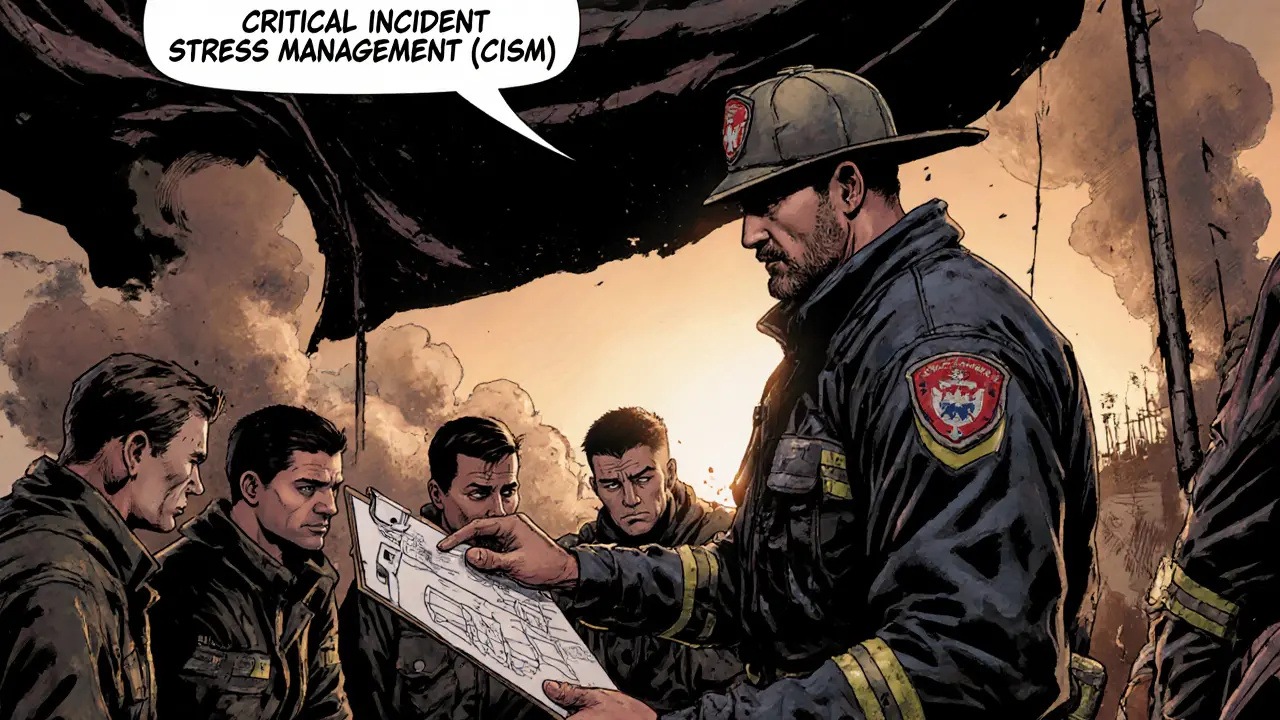
CISM - Kritická incidentní intervence: Jak fungují podpůrné týmy po traumatu
CISM (kritická incidentní intervence) nabízí rychlou peer‑podporu po traumatických událostech. Článek popisuje komponenty, české nasazení, srovnání s terapiemi a praktické kroky pro zavedení týmů.
Pokračujte ve čtení